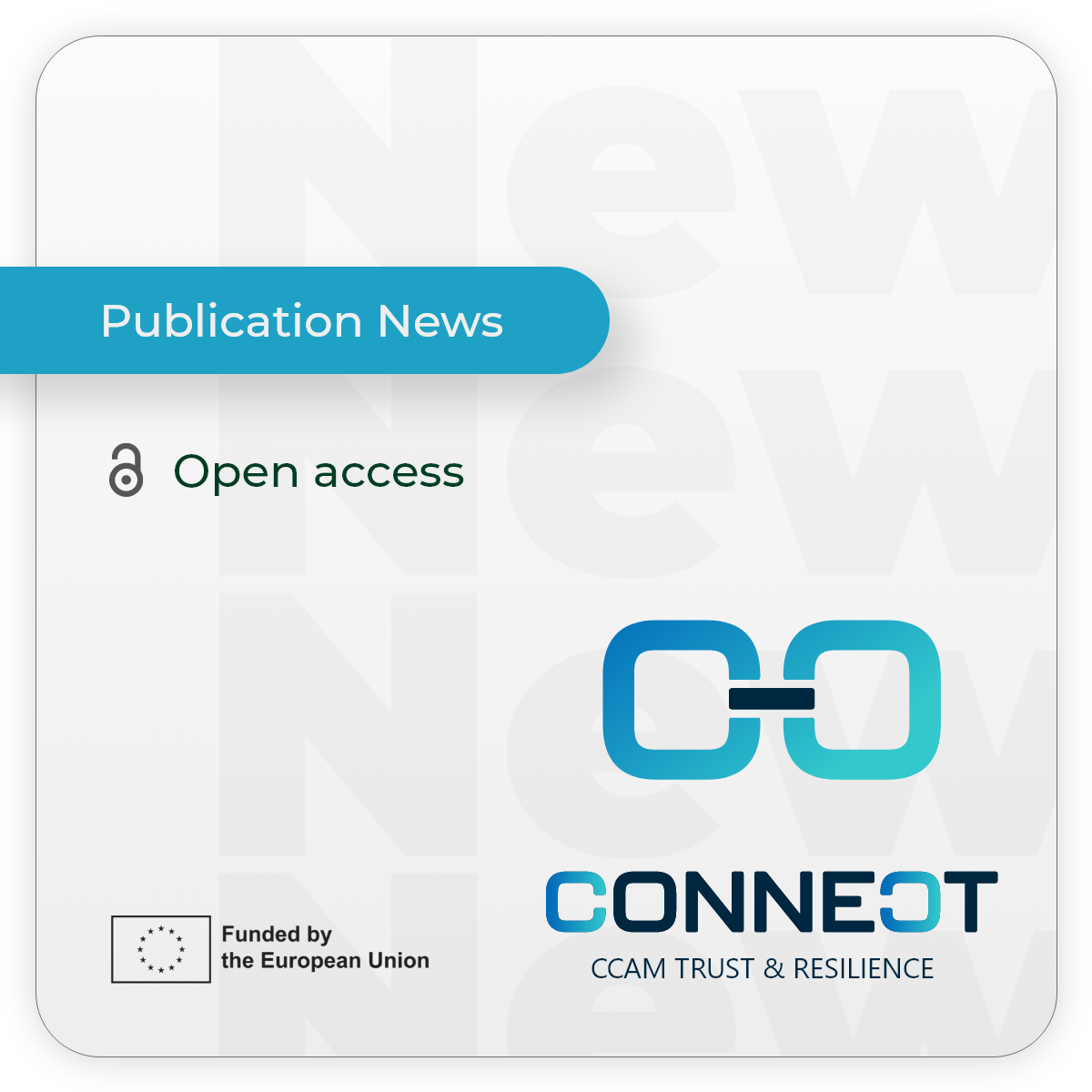Huawei and Denso, both partners of the CONNECT project, have made significant contributions to a newly published White Paper by the 5GAA organization, the result of more than two years of work.
The paper addresses a critical challenge in Connected and Automated Vehicles (CAVs): while vehicles increasingly rely on external data to make safety-critical decisions, current approaches to security and safety rarely address the key question — how much can this data actually be trusted?
To tackle this issue, the White Paper introduces a dynamic trust assessment framework built on two core metrics:
- Actual Trustworthiness Level (ATL): the quantified residual uncertainty about whether external data or system behavior can be trusted, based on available evidence.
- Required Trustworthiness Level (RTL): the level of trust needed to meet operational and safety requirements in a given context.
This generic methodology can be applied across different implementations and adapted to evolving operational and organizational settings. To illustrate its practical application, the paper presents an Automated Emergency Braking (AEB) use case, showing how trust assessment can work in real-world scenarios.
The publication concludes by identifying open standardization gaps and proposing future directions for harmonizing trust assessment in cooperative and connected mobility ecosystems.
The White Paper will be formally presented at an event on Thursday, 2 October 2025, 16:00–17:00 CEST.
Stay tuned for more details on how to join the presentation!
